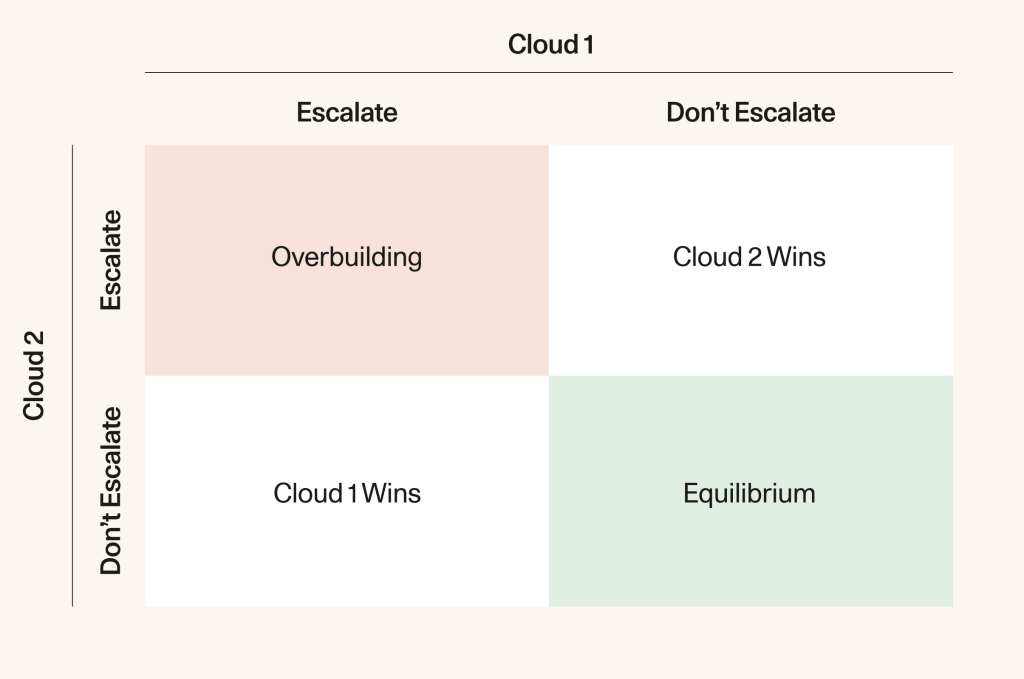Podcast Summary
This episode features Stephen Miran, senior strategist at Hudson Bay Capital, and Nouriel Roubini, senior economic adviser to Hudson Bay Capital and CEO of Roubini Macro Associates. The discussion revolves around the paper “ATI: Activist Treasury Issuance and the Tug of War Over Monetary Policy,” which explores the US Treasury’s deviation from its standard guidelines in issuing short-term bills instead of longer-term debt.
Key Takeaways
Activist Treasury Issuance (ATI) as a Form of Stealth Quantitative Easing
- ATI’s Impact: The authors estimate that the impact of this activist treasury issuance is equivalent to the Federal Reserve cutting policy rates by about 100 basis points. This deviation is seen as a form of backdoor quantitative easing, as it reduces the supply of long-term treasuries and pushes up their prices while lowering yields.
- ATI’s Interference with Monetary Policy: The paper argues that the Treasury’s actions are interfering with the Fed’s tightening of monetary policy and maintaining easier financial conditions to stimulate growth.
Blurring the Line Between Politically Driven and Independent Monetary Policy
- Political Influence: The episode discusses the potential danger of blurring the line between politically driven monetary policy and politically independent monetary policy. The Treasury’s actions are seen as impinging on the Fed’s traditional role of managing the business cycle through interest rate management and broader financial conditions.
Understanding Treasury Bills and Their Role in the Economy
- Treasury Bills: Treasury bills are short-term debt instruments referred to as coupons, which were named after the coupon attached to the bill in the past. They are effectively substitutes for money, with no duration risk, interest rate risk, or credit risk.
- Role in the Economy: Treasury bills have been treated similarly to reserves at the Federal Reserve (Fed) from a regulatory perspective, and they are remunerated the same as reserves.
Impact of ATI on the Economy and Financial Markets
- ATI’s Effect on Interest Rate Risk: ATI reduces the creation of interest rate risk by issuing more coupons instead of bills, changing the amount of interest rate risk the market has to absorb.
- ATI’s Effect on Economic Activity: ATI limits the creation of interest rate risk by changing the ratio of bills to coupons in Treasury auctions, affecting economic activity and market dynamics.
Concerns Over Crowding Out and Fiscal Policy
- Crowding Out: The concept of crowding out is explained as the potential negative impact of government spending on the private sector, particularly when large budget deficits lead to an accumulation of public debt and higher long-term interest rates.
- Fiscal Policy: The discussion emphasizes that crowding out is more likely to occur when there is excessive government spending, insufficient revenue generation, and a large budget deficit.
Sentiment Analysis
- Bearish: The podcast expresses a bearish sentiment towards the current fiscal policy and the potential risks associated with deficits. The discussion revolves around the potential risks of government spending and deficits on economic growth, particularly in the US. It is argued that too much government spending can crowd out private investment and weaken economic growth.
- Neutral: The podcast maintains a neutral stance on the concept of activist treasury issuance, acknowledging its appropriateness during times of crisis but expressing concern over its use in the current economic climate. The argument is made that issuing a large number of bills is normal during genuine crises like the global financial crisis and the pandemic, but it is not normal when there is low unemployment, high stock market performance, and loose financial conditions.












